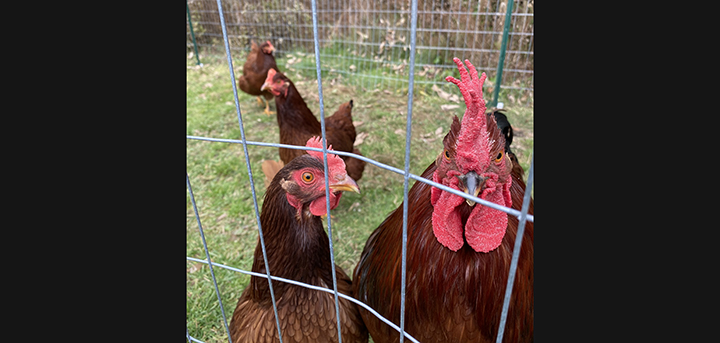Chenango County Public Health offering free vaccines to farmers
Chenango County Public Health is offering free flu vaccines to poultry and dairy farm workers and their families. The program supports farm owners, labor, bulk tank milk drivers, individuals with backyard poultry, hunters, milk testers and more. (Photo by Kelli Miller)
CHENANGO COUNTY - Chenango County Public Health is offering free flu vaccines to poultry and dairy farm workers and their families. The program will support farm owners, labor, bulk tank milk drivers, individuals with backyard poultry, hunters, milk testers and more.
The free vaccine is available through the local health department by calling Chenango County Health Department at 607-337-1660 or visit www.chenangocountyny.gov/206/Public-Health.
"Farm workers and many other agriculture laborers work seven days a week, so this program provides an onsite benefit to make the vaccine more accessible to anyone who would like to receive it," said Cooperative Extension (CCE) Chenango County Executive Director Craig Brown
According to the Health Department, the flu is a serious disease that kills thousands of people each year and at times, can lead to death and is very contagious. The flu is caused by a virus which spreads mainly by coughing, sneezing, or close contact. The flu season lasts from fall through winter and into early spring.
Some of the symptoms of the flu include fever, chills, cough, sore throat, runny or stuffy nose, muscle or body aches, headache, and tiredness. Serious complications can occur.
Health advisors state the flu vaccine is the best defense against the seasonal flu and noted the vaccine does not inject the virus into the body. They said the Flu vaccine is needed every year because the flu virus changes and protection can decline over time.











Comments